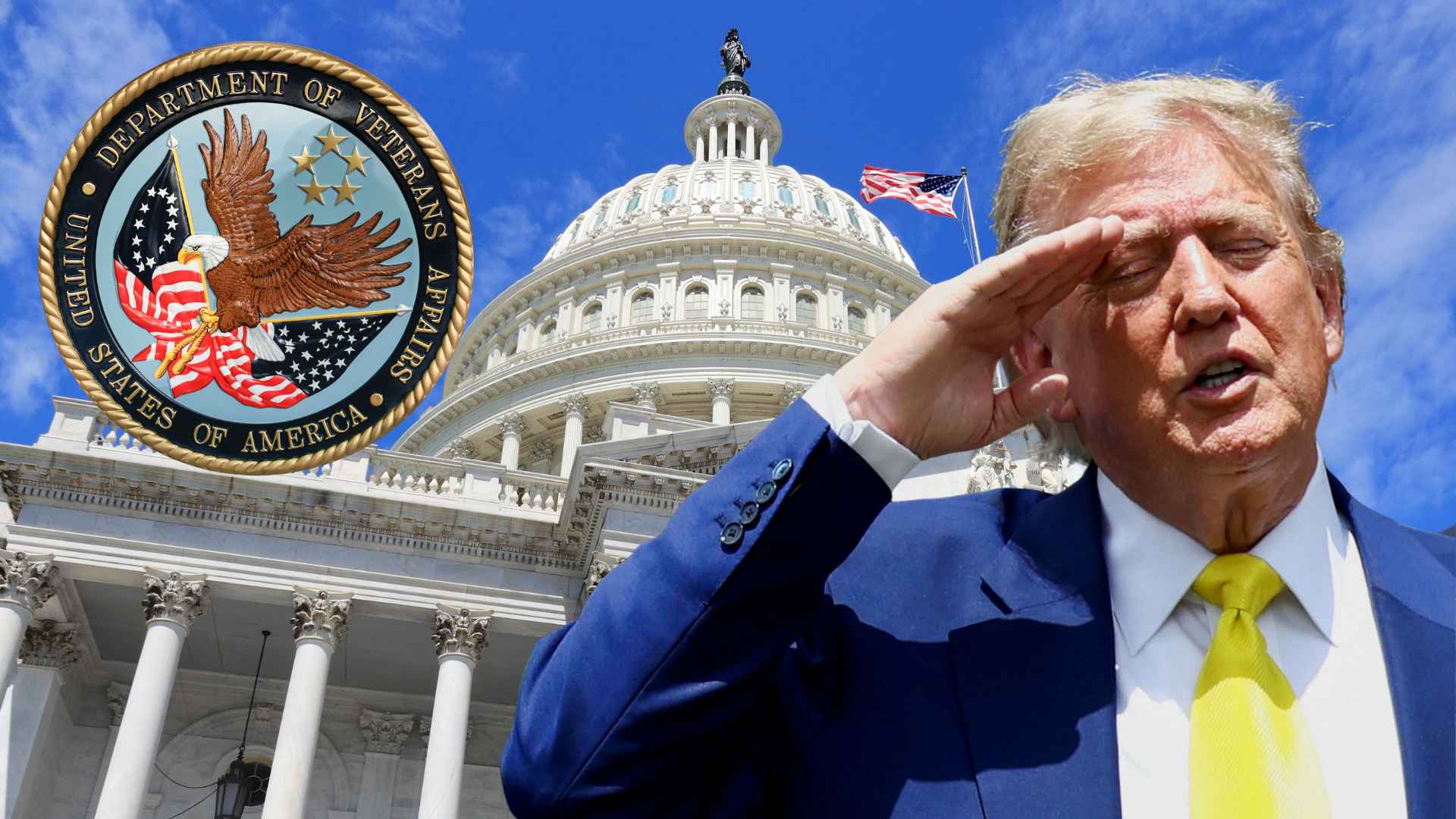Critics say a Trump‑era directive could let clinicians deny treatment based on politics or marital status, but the agency insists veterans’ protections remain intact.
The Department of Veterans Affairs is facing a firestorm after quietly revising its employee conduct code this spring. The update, rooted in a January 30 executive order titled “Defending Women from Gender Ideology Extremism and Restoring Biological Truth to the Federal Government,” could allow individual VA clinicians to refuse care to veterans because of the patients’ political affiliation, union activity, or even whether they are married. Veteran advocates warn the move risks eroding hard‑won access to care, particularly for women, LGBTQ+ veterans, and those in rural areas.
What the new VA policy means for different veteran groups who rely on essential medical services
Under the amended policy, psychologists, dentists, podiatrists, nurse practitioners, and several other licensed specialists are now explicitly permitted to “decline or discontinue” services if a veteran’s personal characteristics clash with the provider’s “sincerely held convictions.” For veterans already traveling hours to the nearest VA clinic, the possibility of being turned away adds a fresh layer of uncertainty. So who stands to lose? Ethicists fear a chilling effect on:
- Female veterans seeking reproductive or gender‑specific care
- Transgender and nonbinary veterans already grappling with curtailed gender‑affirming services
- Unmarried or politically active veterans whose status may trigger a refusal of service
Dr. Arthur Caplan, founding head of medical ethics at New York University, called the shift “extremely disturbing and unethical,” arguing it injects politics into the exam room. “On the surface, it looks like a maneuver to police VA doctors’ ideology,” he told reporters.
How legal experts and VA officials differ on policy implications for health care access
VA press secretary Peter Kasperowicz insists “all eligible veterans will always receive the benefits and services they have earned,” describing the rule change as a mere formality aligning agency policy with federal law. Yet the department has not identified which statute required the language, nor did officials dispute that clinicians may now refuse treatment—or that employees themselves could be disciplined for their own political leanings.
Is the threat overstated? Macaulay Porter, a deputy assistant secretary, rebutted a Guardian report claiming unmarried veterans or Democrats could be turned away, labeling the scenario “false” and emphasizing that federal anti‑discrimination protections still apply. However, attorneys note those protections do not explicitly cover political affiliation or marital status, leaving a gray area that could invite lawsuits.
“Veterans shouldn’t have to wonder, ‘Will my doctor treat me if I volunteer for the wrong campaign?’” asks retired Army sergeant Lisa Mendez. Her question echoes across social media as service members demand clarity before their next appointment.
What’s next? Lawmakers on the House Veterans’ Affairs Committee have requested a briefing and signaled bipartisan interest in codifying stronger safeguards. Until Congress or the courts weigh in, veterans’ groups advise documenting any care refusals and reporting them to the VA inspector general.

